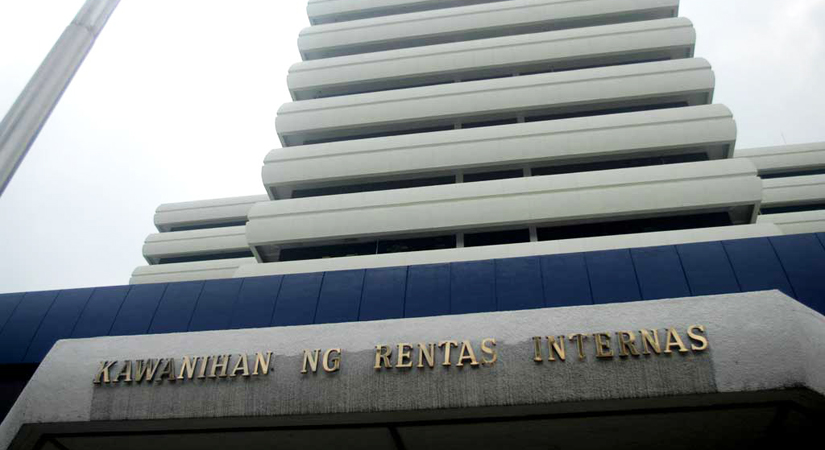
Tax incentives contained in the proposed Financial Institution Strategic Transfer (FIST) law should be subject to time limit, the Department of Finance (DoF) said, citing Bureau of Internal Revenue (BIR) Commissioner Caesar R. Dulay.
Citing Mr. Dulay’s letter to Senator Grace Poe-Llamanzares, the DoF said Friday that Mr. Dulay told legislators that the tax perks “should not be perpetual but time bound.”
FIST authorizes the establishment of asset-management companies (AMCs) which will take over banks’ bad assets, to help the lenders stay healthy during the economic recovery.
Senate Bill (SB) No. 1594 also provides tax exemptions and fee privileges on the transfer of non-performing assets from financial institutions to AMCs, known in the legislation as FIST corporations (FISTCs).
The bill set a two-year period for the validity of the tax privileges, subject to a two-year extension by the Secretary of Finance.
Among the perks of the transactions are exemptions from documentary stamp tax, value-added tax, and capital gains tax.
In lieu of applicable fees, the transfers are subject to fees equivalent to 50% of applicable registration and transfer fees on the transfer of real estate mortgage and securities and interest; half of the filing fees for any foreclosure initiated by the FISTC; and also half of the land registration fees prescribed by the Land Registration Authority (LRA).
FISTCs are also exempt from income tax on net Interest income and some mortgage registration fees.
The DoF estimates that the tax benefits will cost the government between P3.3 billion and P13 billion in foregone revenue each year over the next five years.
Mr. Dulay said the BIR supports the measure and will stand ready to draft the implementing rules and regulations (IRR) once the measure is passed.
The House of Representatives in late May approved its version of the measure, House Bill 6816.
“While we have stated also that the tax incentives may affect our revenue in terms of foregone revenue, on the balance, we believe that the objectives of the bill will far outweigh the effect on our revenue collections,” Mr. Dulay said. — Beatrice M. Laforga
